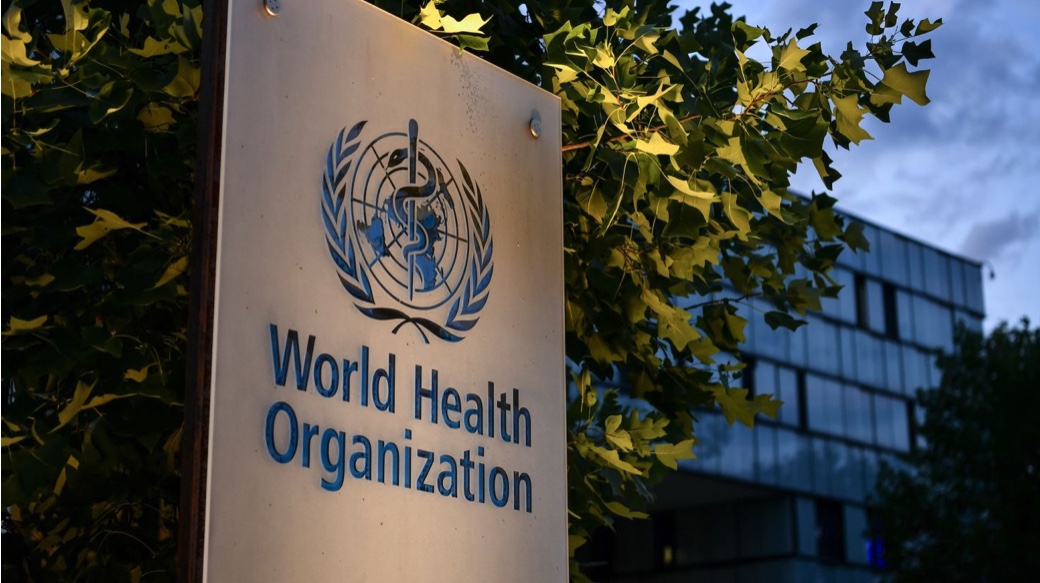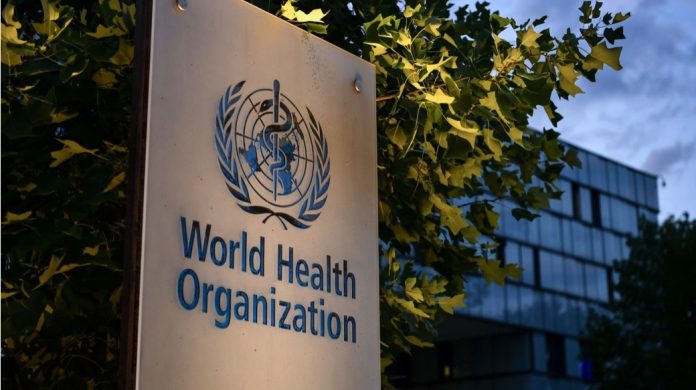เมื่อวันพุธที่ผ่านมา องค์การอนามัยโลก World Health Organization (WHO)ได้ประกาศให้การระบาดของเอ็มพอกซ์ (MPOX)ในแอฟริกาเป็นภาวะฉุกเฉินด้านสุขภาพระดับโลก เกิดความกังวลหลังจากสายพันธุ์ที่อันตรายกว่านั้นคือ clade Ib แพร่กระจายไปยังสี่ประเทศใหม่ ภายหลังการปรึกษาหารือกับผู้เชี่ยวชาญ เทดรอส อัดฮานอม เกเบรเยซุส ผู้อำนวยการใหญ่ WHO ได้ประกาศการระบาดดังกล่าวในฐานะภาวะฉุกเฉินด้านสาธารณสุขระหว่างประเทศ Public Health Emergency of International Concern (PHEIC) ซึ่งเป็นระดับการแจ้งเตือนสูงสุดสำหรับภัยคุกคามด้านสุขภาพทั่วโลก เมื่อวันอังคาร ศูนย์ควบคุมและป้องกันโรคแห่งแอฟริกาได้ประกาศ เอ็มพอกซ์ การระบาดของภาวะฉุกเฉินด้านสาธารณสุขด้านความมั่นคงของทวีป ซึ่งเป็นการประกาศครั้งแรกนับตั้งแต่ปี 2560 ในปีนี้ มีรายงานผู้ป่วยเอ็มพอกซ์มากกว่า 17,000 ราย และผู้เสียชีวิต 500 รายใน 13 ประเทศในแอฟริกา สาธารณรัฐประชาธิปไตยคองโกรายงานผู้ป่วยแล้วกว่า 14,000 ราย คิดเป็น 96% ของการติดเชื้อที่ยืนยันในเดือนนี้ เอ็มพอกซ์ เดิมชื่อ Monkeypox แพร่กระจายได้ง่ายผ่านการสัมผัสใกล้ชิดและวัสดุที่ปนเปื้อน อาการต่างๆ ได้แก่ มีไข้ ผื่นคัน ปวดศีรษะ ปวดกล้ามเนื้อ พลังงานต่ำ และต่อมน้ำเหลืองบวม
เอ็มพอกซ์ ซึ่งครั้งหนึ่งเคยถูกจำกัดอยู่ในแอฟริกากลางและแอฟริกาตะวันตกส่วนใหญ่ เริ่มแพร่กระจายไปยังยุโรปและอเมริกาเหนือในปี 2565 WHO ได้ประกาศให้เป็นภาวะฉุกเฉินด้านสุขภาพระดับโลกในเดือนกรกฎาคม 2565 แต่สิ้นสุดลงในเดือนพฤษภาคม 2566 เอ็มพอกซ์ มี clades ทางพันธุกรรม 2 กลุ่ม: I และ II Clade II ทำให้เกิดการระบาดในปี 2565 ในขณะที่ clade Ib ซึ่งเป็นสาเหตุของโรคที่รุนแรงกว่ากำลังแพร่กระจาย สหรัฐฯ ไม่ได้รายงานกรณีของ Clade I แต่กำลังติดตามสถานการณ์และสนับสนุนความพยายามในแอฟริกา CDC แนะนำให้บุคคลที่มีความเสี่ยงสูงในสหรัฐอเมริกาได้รับการฉีดวัคซีน เจ้าหน้าที่ของ WHO เชื่อว่าไวรัสสามารถควบคุมได้เมื่อดำเนินการอย่างทันท่วงที และกำลังเรียกร้องให้มีความร่วมมือระหว่างประเทศในการจัดการการระบาดและให้ทุนสนับสนุนการวิจัยเกี่ยวกับ clade Ib
องค์กรได้อนุมัติกระบวนการจัดทำรายการการใช้ในกรณีฉุกเฉินสำหรับวัคซีนเอ็มพอกซ์ทั้งสองชนิด และได้พัฒนาแผนเผชิญเหตุระดับภูมิภาคซึ่งต้องใช้เงิน 15 ล้านดอลลาร์ โดยจัดสรร 1.5 ล้านดอลลาร์จากกองทุนฉุกเฉินของ WHO สำหรับเหตุฉุกเฉิน ปัจจุบัน มีวัคซีนอยู่ 500,000 โดส และอีก 2.4 ล้านโดสคาดว่าจะผลิตได้ภายในสิ้นปีนี้ ตามข้อมูลของทิม เหงียน จากโครงการเหตุฉุกเฉินด้านสุขภาพขององค์การอนามัยโลก DRC และไนจีเรียจะเป็นผู้รับรายแรก ดังที่ ดร. Abdou Salam Gueye ผู้อำนวยการเหตุฉุกเฉินภูมิภาคแอฟริการะบุไว้ องค์กรเน้นย้ำว่าวัคซีนเป็นเพียงส่วนหนึ่งของการตอบสนอง เพื่อควบคุมการแพร่กระจาย การเฝ้าระวัง การวินิจฉัย และการวิจัยที่ได้รับการปรับปรุงก็มีความสำคัญเช่นกันเพื่อทำการทำความเข้าใจในส่วนที่ขาดหาย
The mpox outbreak has been declared a global health emergency by the WHO.

On Wednesday, the World Health Organisation (WHO) declared the mpox outbreak in Africa a global health emergency. Concerns arose after a more dangerous strain, clade Ib, spread to four new countries. Following consultations with experts, WHO Director-General Tedros Adhanom Ghebreyesus announced the outbreak as a Public Health Emergency of International Concern (PHEIC), the highest alert level for global health threats.On Tuesday, the Africa Centres for Disease Control and Prevention declared the mpox outbreak a public health emergency of continental security, its first such declaration since 2017. This year, over 17,000 mpox cases and 500 deaths have been reported across 13 African countries. The Democratic Republic of Congo has reported over 14,000 cases, accounting for 96% of the confirmed infections this month. Mpox, formerly known as monkeypox, spreads easily through close contact and contaminated materials. Symptoms include fever, a painful rash, headache, muscle pain, low energy, and swollen lymph nodes.
Mpox, once mostly confined to Central and West Africa, began spreading to Europe and North America in 2022. The WHO declared it a global health emergency in July 2022 but ended this in May 2023. Mpox has two genetic clades: I and II. Clade II caused the 2022 outbreak, while clade Ib, which causes more severe disease, is currently spreading. The US has not reported clade I cases but is monitoring the situation and has supported efforts in Africa. The CDC recommended that high-risk individuals in the US get vaccinated. WHO officials believe the virus can be contained with timely action and are calling for international cooperation to manage the outbreak and fund research on clade Ib.
The organisation has approved the Emergency Use Listing process for both mpox vaccines and has developed a regional response plan needing $15 million, with $1.5 million allocated from the WHO Contingency Fund for Emergencies. Currently, 500,000 vaccine doses are available, with another 2.4 million potentially produced by the end of the year, according to Tim Nguyen of the WHO Health Emergencies Program. The DRC and Nigeria will be the first recipients, as noted by Dr. Abdou Salam Gueye, African Regional Emergency Director. The organisation stressed that vaccines are just one part of the response. To control the spread, enhanced surveillance, diagnostics, and research are also essential to address “gaps in understanding.”
By CNN NEWS

















